Remember that time Sony’s head suit, Jim Ryan, got up and said “…the PS1 and the PS2 games, they looked ancient, like why would anybody play this?” The Metal Gear Solid Collection shows just how genuinely shallow and unintelligent that statement was. You should want to play the Metal Gear Solid games again. They look ancient, sure, but not in a bad way, and much more importantly is that they’re all works of art by Hideo Kojima, one of the strongest arguments for auteur theory applying to video games.
Indeed, these games are, if anything, more relevant today than they have ever been. As noted by Sebastián Sanhueza Rodríguez in his essay Metal Gear Solid and the Flow of Malinformation:
“The Patriots are not presented as a malevolent agency or ideology which operates out of self-interest: neither are they primarily inclined to bend people’s will or to rewrite reality—and hence, truth—in a way fitting to their own selfish objectives.
“To the extent that the digital age opens a door to an informational “overload” that potentially compromises the stability of our individual and collective systems of belief, the Patriots are thereby set up as a tool to filter or modulate what is otherwise an unmanageable amount of information.
“As illustrated by treatments of delicate issues like war and the pandemic in politics and the media, there is constant pressure to monitor and censor informational channels, even to the point of criminalizing information that is regarded as either untrue or inconvenient.”
Of course, Konami didn’t time the release of the collection with world events, but the last week or so has demonstrated with real clarity just how prescient Kojima tends to be with his observations of the world. Trying to find reliable and truthful coverage of what is going on in Palestine and Israel makes every single theme around militarism, patriotism, information and propaganda that plays out in the Metal Gear Solid games so utterly insightful and accurate.
Unlike the real-world conflicts, the Metal Gear games do all of that with a firm sense of humour and dry surrealism. Bitter, perhaps, at the state of it all, but darkly humourous nonetheless. People love to comment on the over-long cut scenes and the idea that Kojima is being indulgent, but really he’s laughing along with you, with the overwrought narrative itself a comment on the bombastic nature of war stories and the way that is used by the military to package up and deliver the propaganda. Kojima was using the very form of his stories as a commentary and criticism of the broader storytelling approach, and that too is becoming more relevant with every year as the Call of Duties of the world become even more earnest in their ridiculous over-the-top production values to sell the flag waving.
So it doesn’t really matter how the Metal Gear titles look, since they each remain a valuable and pertinent observation on the world that, if people were inclined to take video games seriously as art works, more people would be paying attention to.
Unfortunately, instead of analysis of these themes and acknowledgment of what the Metal Gear games are telling us, we get quotes in reviews like “Konami has done the bare minimum here, offering up a lazy bundle for far too much. There were far better — far more consumer-friendly — ways to make these titles available to fans who’ve likely purchased them before.” If only games criticism were more inspired by art criticism…
I digress. Back to the quality of this collection as a nostalgic itch scratcher. It’s not that the Metal Gear Solid titles actually look or play poorly, anyway. The three “main” Metal Gear titles in this collection are all stealth-heavy strategic action games, challenging players to make their way around enclosed spaces while staying out of the sight range of the various enemies, cameras, and the like. You, playing as Snake, eventually amass some pretty impressive tools to help you do overcome these puzzles, though never quite enough that you’ll feel comfortable – you’ll still need to be resourceful and have an impeccable sense of timing to get by.
I’ve never been good at stealth games, and even when I do know the pathway through an area in a Metal Gear game I have a habit of slipping up anyway. What I do enjoy is the playful creativity that each game has regarding level design and how there are often multiple solutions to each stealth problem, so players are encouraged to be creative, too. The action sequences are less impressive – though by Metal Gear Solid 3 they were at least workable – but outside of the bosses in these games if you ended up in a gunfight the chances are that you were in some real trouble.
All three games look good in terms of the art direction, whatever you might think of the level of technical detail in them. All feature one of the all-time iconic voice acting roles, with David Hayter voicing Snake. Konami’s also done a decent job of packaging the games up with additional material, including screenplays and the like. It’s not quite as impressive as a digital museum effort as the Atari 50 (which I suspect will remain the benchmark for quite some time), but there is nonetheless a lot in there.
You even get the first couple of Metal Gear games before “Solid” was added to the title. The MSX2 Metal Gear was instrumental in defining the stealth genre that Kojima would later go on to redefine, and while these things are more curiosities than the essential works of art that the “Solid” games are, there are boundary-pushing qualities in them (including one of the earliest examples of fourth-wall-breaking narrative in video games), and it is a nice way to round out a high-quality collection.
Konami could have done more, for sure. There are several titles that really could have been included in this collection for the sake of completion – Metal Gear Solid 4 remains locked to the PlayStation 3, while MGS Acid and Twin Snakes look pretty set to be lost to time at this point. Sure, MGS V remains a viable product in its own right, but Konami really could have filled us in on the rest.
With that being said, the original Metal Gear Solid trilogy isn’t just a trio of great games that people have strong nostalgia for. They’re genuine masterpieces and deserve to be preserved into perpetuity. This collection is a perfectly adequate way of preserving them for this hardware cycle.
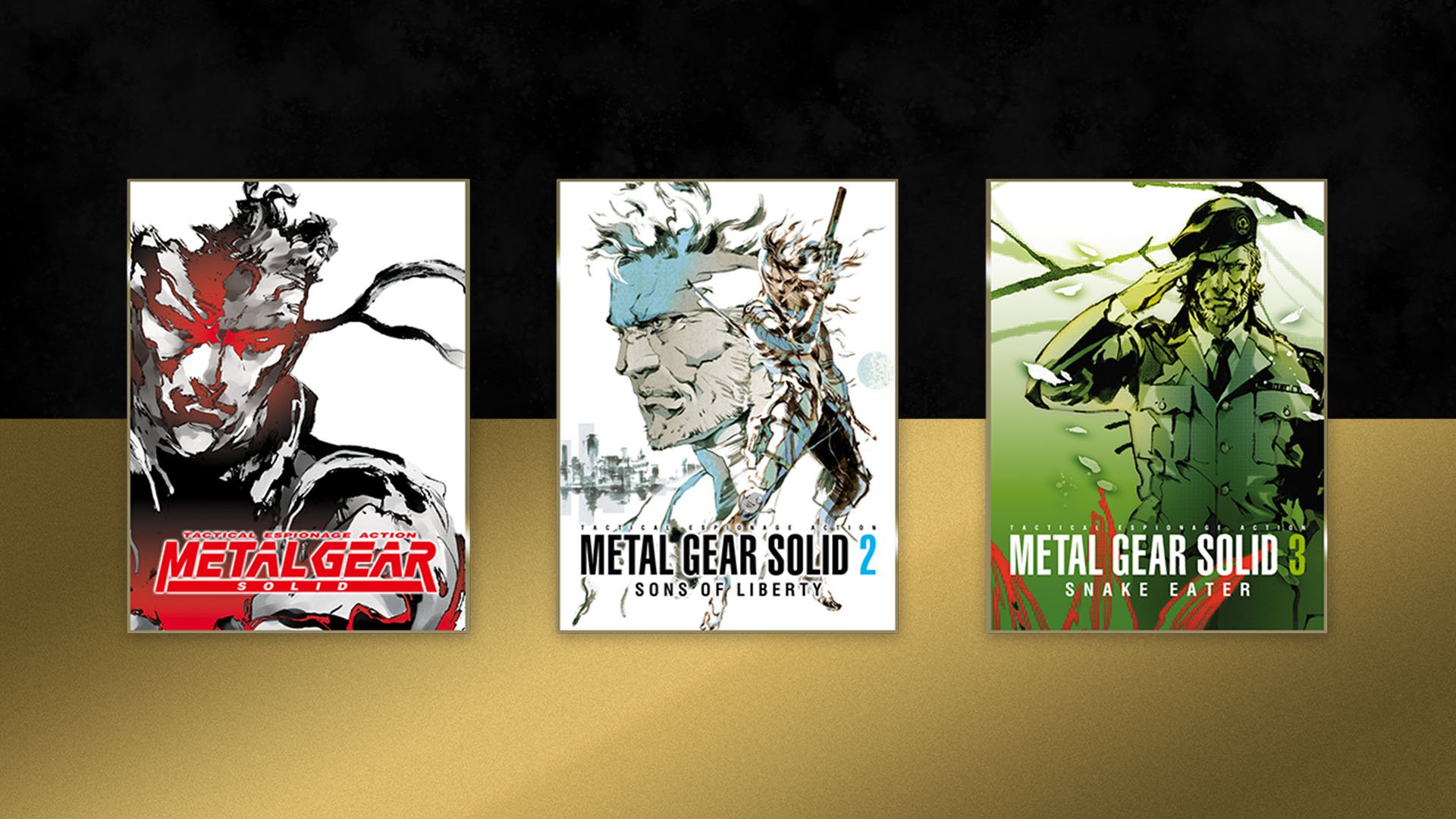

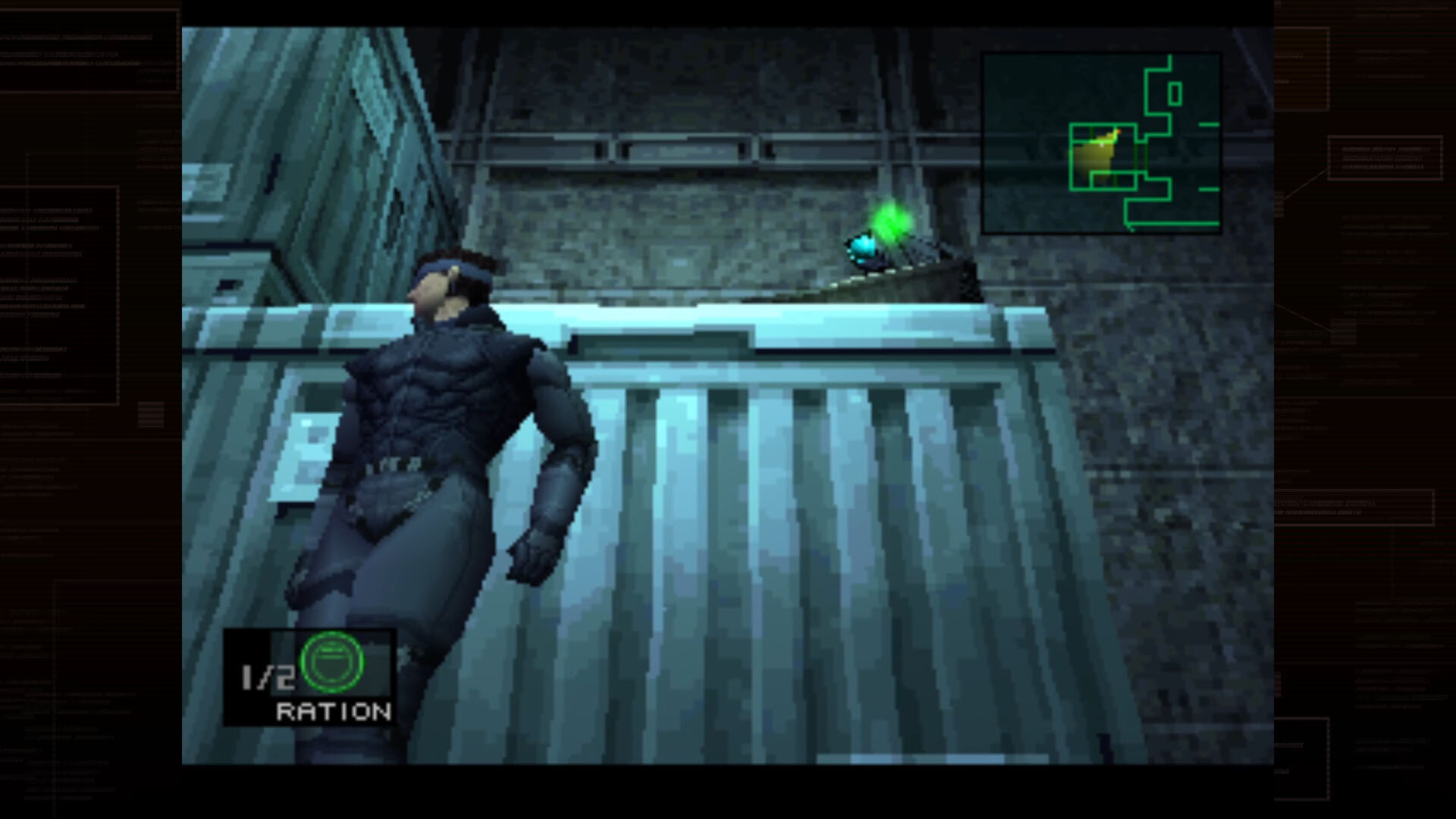
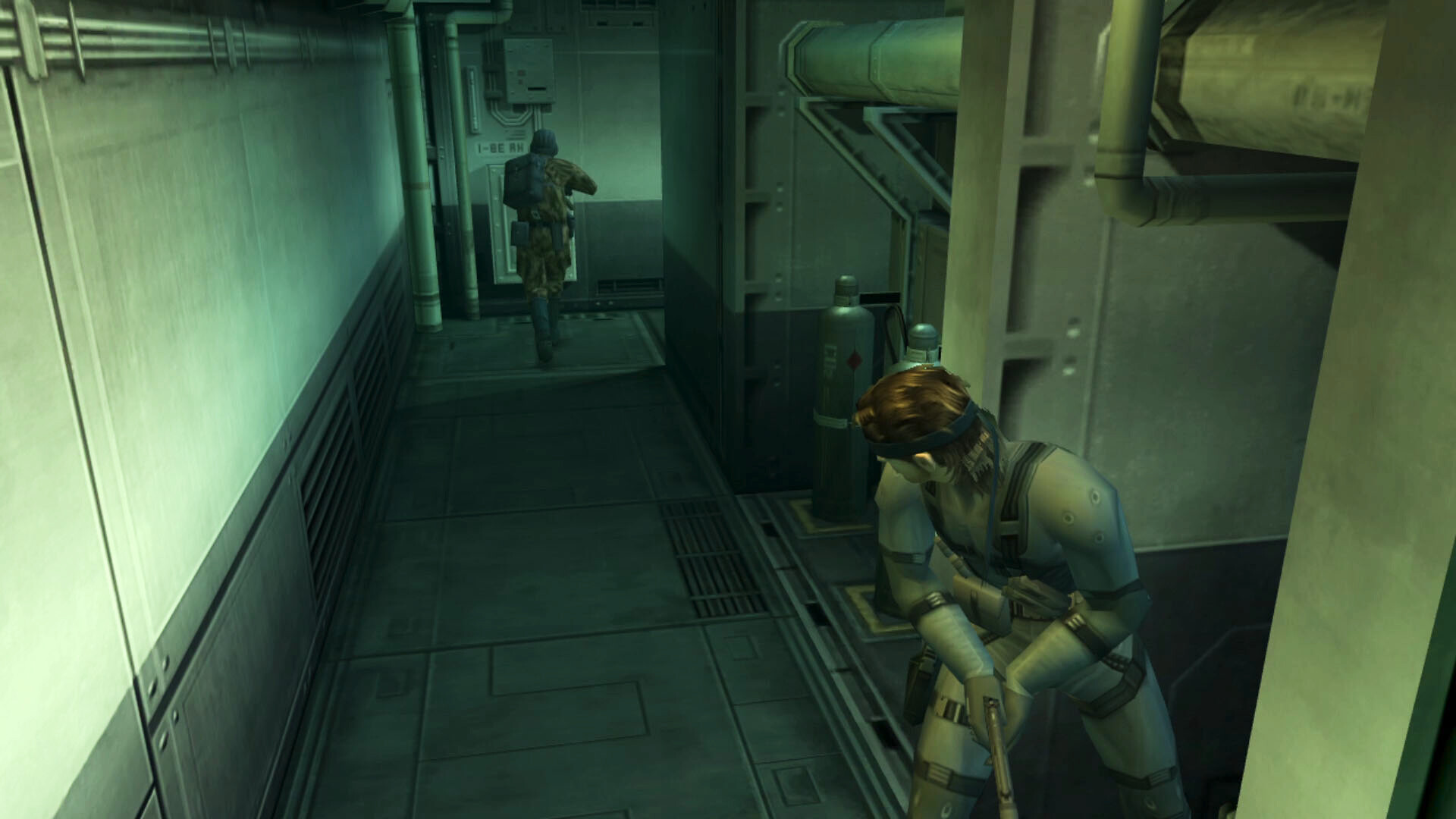
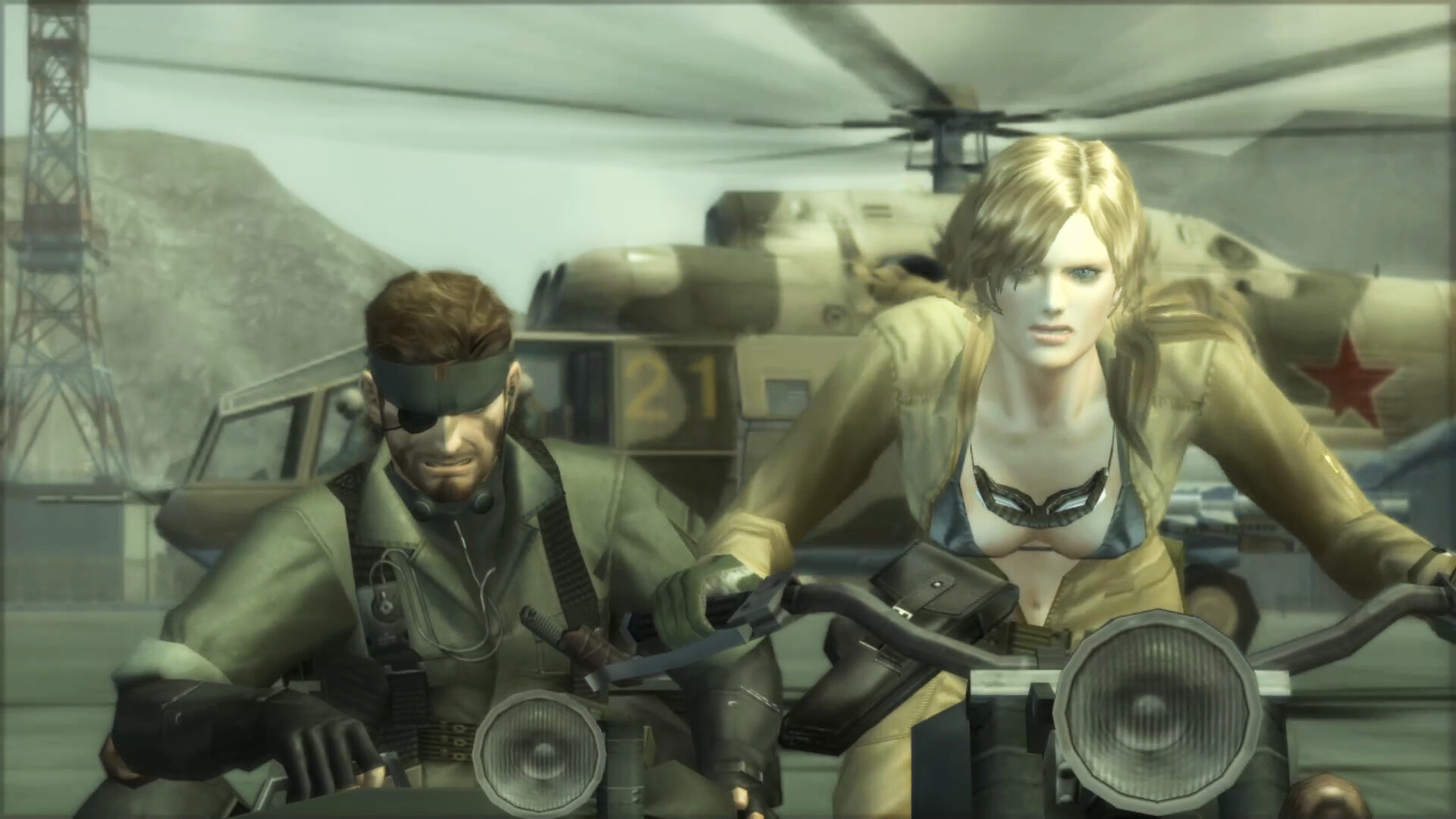
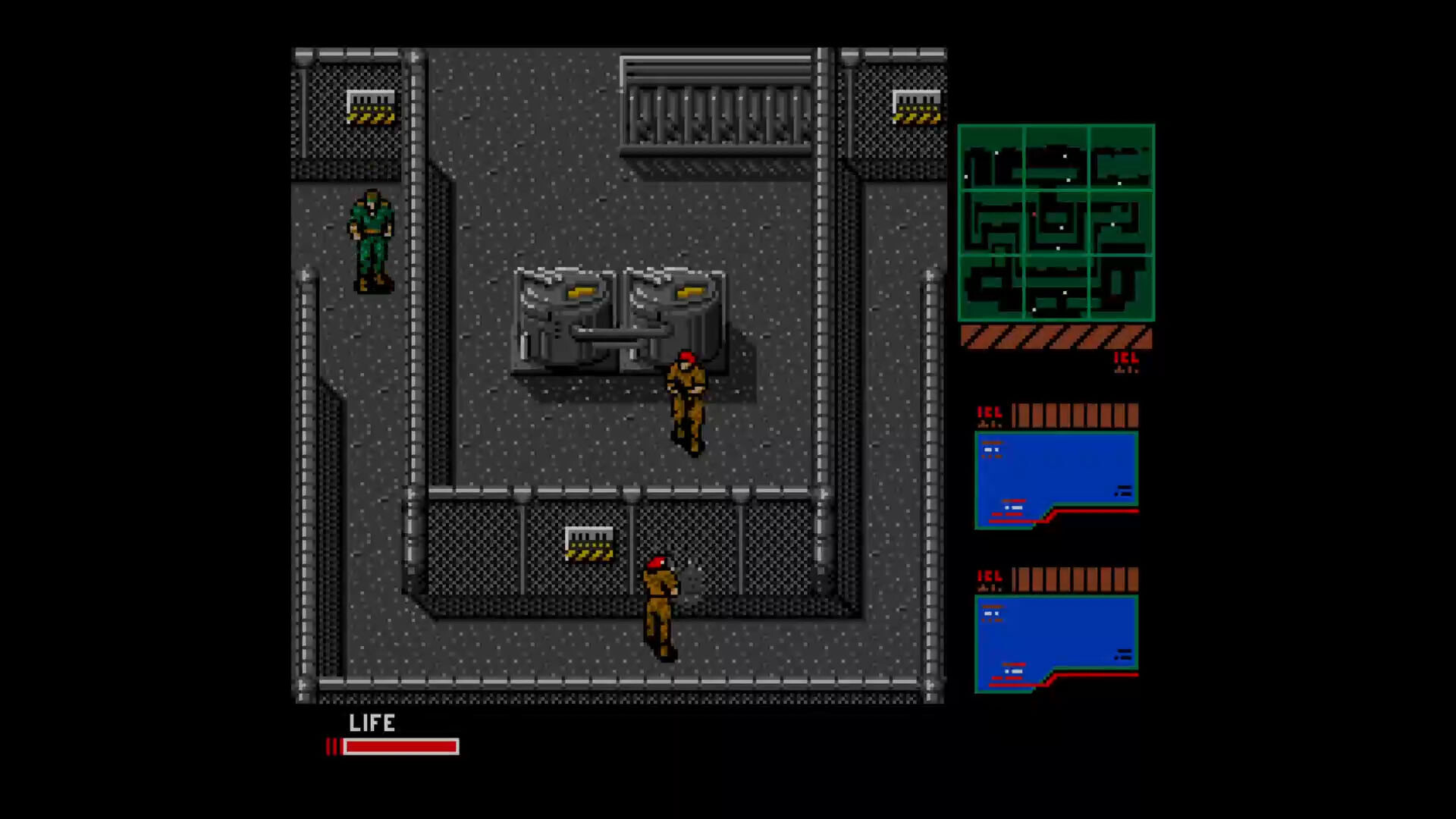

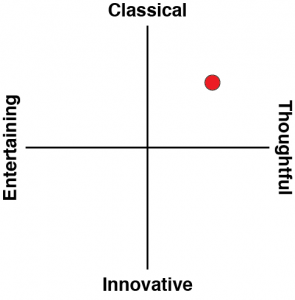









It’s so odd to see backlash after backlash for remakes that change too much too soon, and then even more backlash for simply preserving the classics.
But I do have to say that there is valid criticism in how these games were emulated, especially the first MGS, as they apparently worked off of the PAL-version of the game, which was always the inferior one. I’m guessing they lost the NTSC-version (Konami did famously “loose” many source codes for beloved games like Silent Hill 2), but some extra effort in how the textures are filtered would have been welcomed, for example.
I’m sure it’s not the superior version, but it *is* a superior game :D. This version is playable enough (which does help it in comparison to, say, Silent Hill 2, which really wasn’t that playable with that HD remaster.).
With that being said I play a lot of games on emulator so my tolerance threshold is much higher for these things. I certainly agree that the criticisms are valid. I just personally don’t think they should be the focal point of a review. But again I’m playing Drakengard and what I am sure is not a good enough frame rate in 2023. 😀
Well said. Video-game criticism became way too technical overall. There’s no eyebrow raised whenever the word “product” is associated with them, which bothers me greatly.
PS: I was so glad to have played MGS2 back in the day. It made such an impression. And, in a way, it primed my awareness for the challenges of this super-charged age of information we now live in. I really do hope people read past the negative headlines of this newest release and dive into at least one of the games in this collection.
I guess the biggest issue remains in how to get people to read past headlines.
That is forever the challenge… We can only do our bit to try and write interesting and provocative reviews :-).
Glad to see you praising the MGS series so highly, Matt. Some of my favorite games of all time. I gotta ask, though, what changed your opinion on them? I remember you were pretty dismissive of them in your Death Stranding video. You said something to the effect of “they’re fun, but thematically simplistic. Their message is strong, but not deep.” I’m genuinely curious what changed your mind.
Honestly, I think Death Stranding inspired me to reevaluate what I thought about Kojima, because that game really, *really* connected with me and I examined it deeply. I was younger when I first played the MGS games, and this is the first time I’ve played any of them since. My politics were vastly less developed, and I was actually pretty disinterested in political thought as a whole (I even enjoyed Medal of Honor games back in those days lol). So I probably wasn’t in the right frame of mind to really dig into these games, where so much of the thematic strength sits with their political position.
So I’m glad I had the chance to challenge my own perceptions and look at them again. It is a total about face, I know. I’m assuming that at some point someone out there will dig this up to give me grief about “flipping” or whatever, lol. But I own it. I didn’t appreciate nor enjoy MGS back then. I very much do now 😀